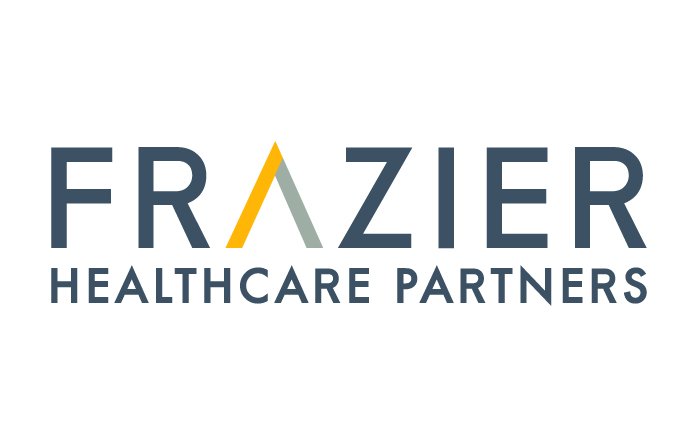Who needs to be on cholesterol lowering medication?
Your treatment plan for high cholesterol will depend on your current cholesterol levels and your risk of heart disease and stroke. Your risk for heart disease and stroke depends on other risk factors, including high blood pressure and high blood pressure treatment, smoking status, age, high-density lipoprotein cholesterol level, total cholesterol level, diabetes, family history, and whether you have already had a heart attack or stroke.
Your health care provider may prescribe medicine if:
You have already had a heart attack or stroke, or you have peripheral arterial disease
Your LDL cholesterol level is 190 mg/dL or higher
You are 40–75 years old with diabetes and an LDL cholesterol level of 70 mg/dL or higher
You are 40–75 years old with a high risk of developing heart disease or stroke and an LDL cholesterol level of 70 mg/dL or higher
Talk with your health care team about how you can lower your risk for heart disease.
What are the types of cholesterol-lowering medications?
How do I manage my high cholesterol?
Take Medications as Directed
If you take medicine to treat high low-density lipoprotein (LDL) cholesterol, heart disease, stroke, or diabetes, follow your health care team’s instructions carefully. Always ask questions if you don’t understand something. Never stop taking your medicine without first talking to your doctor, nurse, or pharmacist.
Make Healthy Lifestyle Changes
You can take steps to lower your high LDL cholesterol levels by making healthy changes to your lifestyle:
Limit foods high in saturated fat. Saturated fats come from animal products (such as cheese, fatty meats, and dairy desserts) and tropical oils (such as palm oil). Foods that are higher in saturated fat may be high in cholesterol
Choose foods that are low in saturated fat, trans fat, sodium (salt), and added sugars. These foods include lean meats; seafood; fat-free or low-fat milk, cheese, and yogurt; whole grains; and fruits and vegetables.
Eat foods naturally high in fiber, such as oatmeal and beans (black, pinto, kidney, lima, and others) and unsaturated fats, which can be found in avocado, vegetable oils like olive oil, and nuts). These foods may help prevent and manage high levels of low-density lipoprotein (LDL, or “bad”) cholesterol and triglycerides while increasing high-density lipoprotein (HDL, or “good”) cholesterol levels.
Get active as a family. For adults, the Surgeon General recommends 2 hours and 30 minutes of moderate-intensity exercise, such as brisk walking or bicycling, every week. Children and adolescents should get 1 hour of physical activity every day.
Make physical activity a part of each day. Take the stairs instead of the elevator, park a little farther away, walk to the store, or do jumping jacks during commercials.
Smoking damages your blood vessels, speeds up the hardening of the arteries, and greatly increases your risk for heart disease. If you don’t smoke, don’t start. If you do smoke, quitting will lower your risk for heart disease.
Avoid drinking too much alcohol. Men should have no more than two drinks per day, and women should have no more than one.
Talk with Your Healthcare Team
You and your health care team can work together to prevent or treat diabetes and ensure that it doesn’t lead to high LDL cholesterol. Discuss your treatment plan regularly, and bring a list of questions to your appointments.
Check Your Cholesterol Regularly
You may need to have your cholesterol levels checked at least once every 4 to 6 years if you do not have heart disease. Some people need to get their cholesterol checked more often or less often. Talk with your health care team about the timeline that is best for you.
References
Grundy SM, Stone NJ, Bailey AL, et al. 2018 AHA/ACC/AACVPR/AAPA/ABC/ACPM/ADA/AGS/APhA/ASPC/NLA/PCNA Guideline on the Management of Blood Cholesterol: Executive Summary: A Report of the American College of Cardiology/American Heart Association Task Force on Clinical Practice Guidelines. Circulation. 2019;139(25). doi:10.1161/cir.0000000000000624
Mytilinaiou M, Kyrou I, Khan M, Grammatopoulos DK, Randeva HS. Familial Hypercholesterolemia: New Horizons for Diagnosis and Effective Management. Front Pharmacol. 2018;9:707. Published 2018 Jul 12. doi:10.3389/fphar.2018.00707
Mannu GS, Zaman MJ, Gupta A, Rehman HU, Myint PK. Evidence of lifestyle modification in the management of hypercholesterolemia. Curr Cardiol Rev. 2013;9(1):2-14. doi:10.2174/157340313805076313
Agabiti Rosei E, Salvetti M. Management of Hypercholesterolemia, Appropriateness of Therapeutic Approaches and New Drugs in Patients with High Cardiovascular Risk. High Blood Press Cardiovasc Prev. 2016;23(3):217-230. doi:10.1007/s40292-016-0155-2
Our entire team is committed to maintaining the health and wellbeing of those we are privileged to serve.
For updated information regarding our response to developments related to COVID-19, a letter from our CEO, and early refill requests, please click here.
Stay healthy, and be well.
We are with you and will get through this together.
Stay informed on the latest trends in healthcare and specialty pharmacy.
Sign up for our monthly e-newsletter, BioMatrix Abstract.
We value your privacy. Review our Privacy Policy here.






